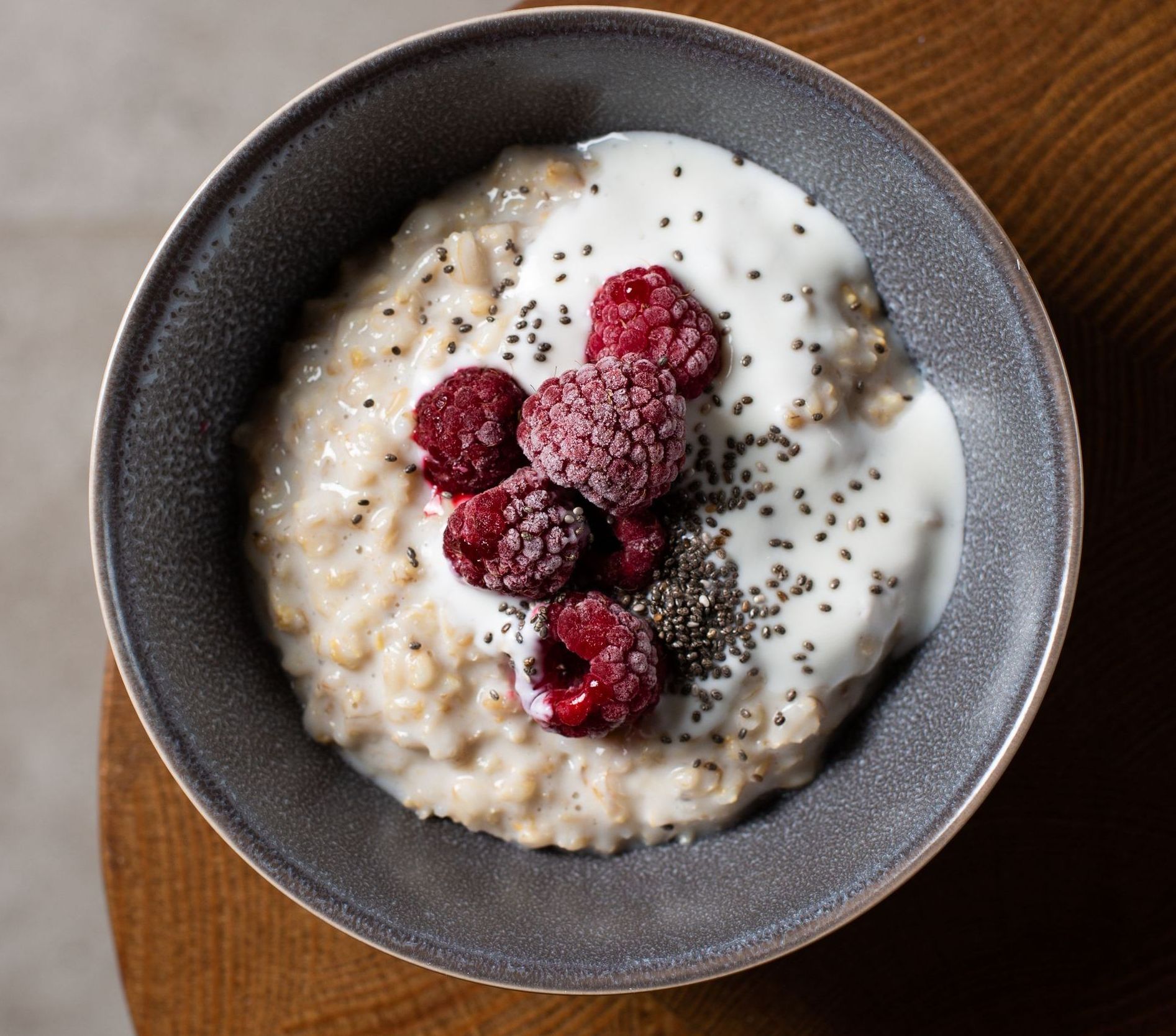Does it really work?
If you’re reading this, you have already shown some interest in finding out more about acupuncture. You are not alone.
Acupuncture is becoming an evidence based medicine. The Cochrane database, a revered database of research and controlled trials which is recommended by the NHS for research purposes, has recorded 18,252 clinical trials using acupuncture up to April 2023. It also has 140 Cochrane Reviews on acupuncture. These reviews analyse trials using a specific system and provide clear evidence for the benefit of a healthcare intervention. The reviews cover subjects including headaches and migraines, menstrual issues, arthritis, asthma, shoulder pain, insomnia and labour induction amongst many others.
The Western medical profession is starting to sit up and take notice. In April 2021, the National Institute for Health and Care Excellence (NICE) recommended that people suffering with chronic pain should have access to non-phramalogical interventions including acupuncture to help manage their condition. NICE also recommends acupuncture for migraines or tension based headaches.
Some NHS trusts offer acupuncture treatment for smoking cessation, anxiety, depression, addiction and stress management. But this is not widespread. Further, leading fertility clinics recommend supplementing treatments with acupuncture - this may be due to its impact on stress or because of its ability to affect hormones.
The Western explanation for acupuncture involves the needles stimulating the sensory nerves under the skin and in the muscles. This stimulation releases naturally occurring chemicals in the human body such as pain-relieving endorphins.
The Traditional Chinese explanation is based on the free flow of Qi within specific meridians in the body. Illness is caused by an imbalance of Qi within the body. Qi must flow freely in order for all processes and functions to work unhindered.






